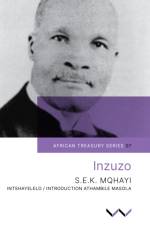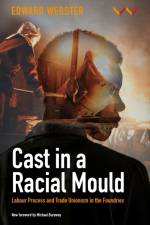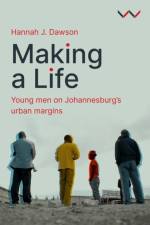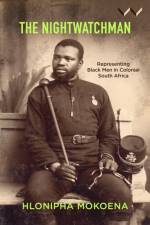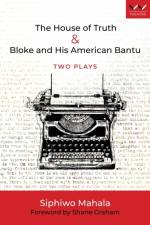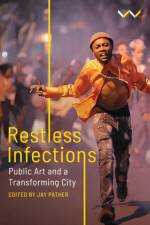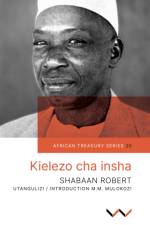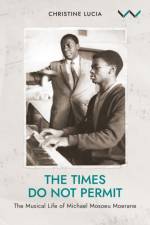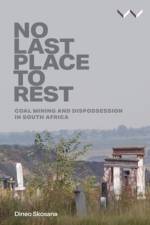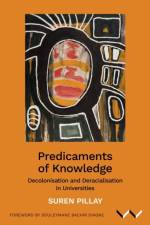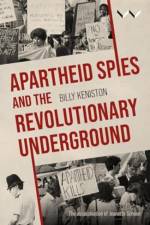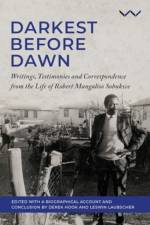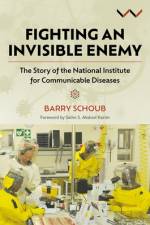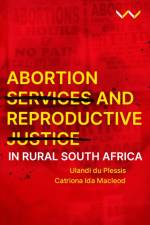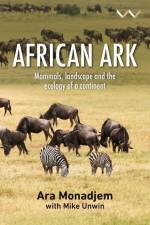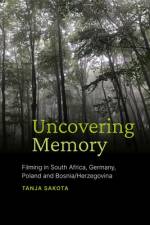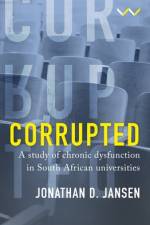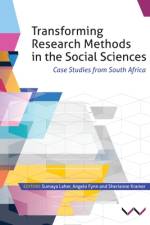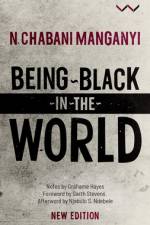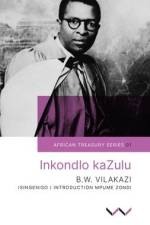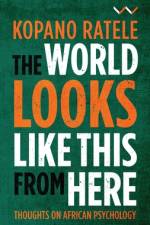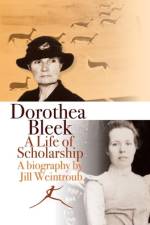av Leila Anderson
395 - 1 015
Restless Infections is a collection of critical essays exploring artistic interventions in urban spaces, focusing on place-making and the politics of space in South Africa. The writers examine seminal artworks by South African artists, addressing diverse forms of expression such as site-specific performances, immersive installations, film, photography, and online performances.The book is divided into three sections: The Restless City, Public Art for Multiple Publics, and Land, Home, Belonging. It introduces new perspectives on public sphere performance, such as Khanyisile Mbongwa's re-imagining of township alleyways for public encounters and Mbongeni Mtshali's study of everyday performances that challenge colonial and neo-colonial spatial organization.The title, Restless Infections, is derived from the popular Infecting the City public art festival, symbolizing the persistent state of restlessness in a city still grappling with the legacies of colonialism, inequality, and racial segregation. This restlessness is tied to a desire for economic and political stability, expressed through transient art forms like Santu Mofokeng's billboard photography.The book shifts the focus of public art discourse in South Africa from static forms like monuments and statues to dynamic, temporary interventions that question the concept of publicness. These interventions engage with protest, public intimacy, audience interaction, and the disrupted topography of apartheid cities.As the first scholarly volume to read public spheres through a multi- and interdisciplinary lens, Restless Infections argues that the diverse artistic modes explored are essential to understanding the complexities of publicness in South Africa.



